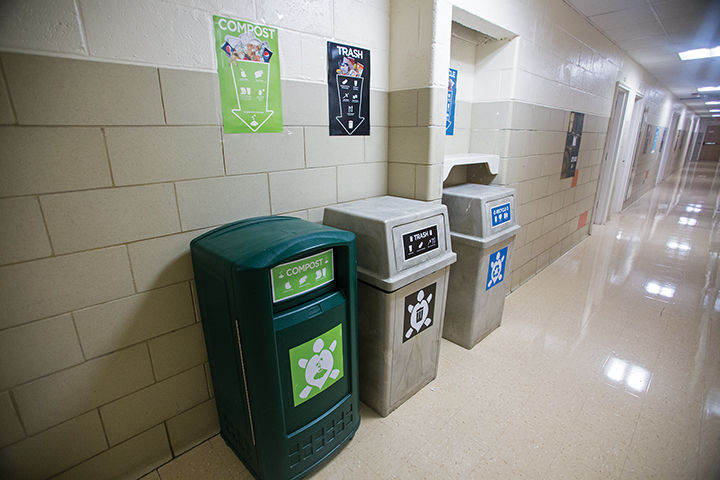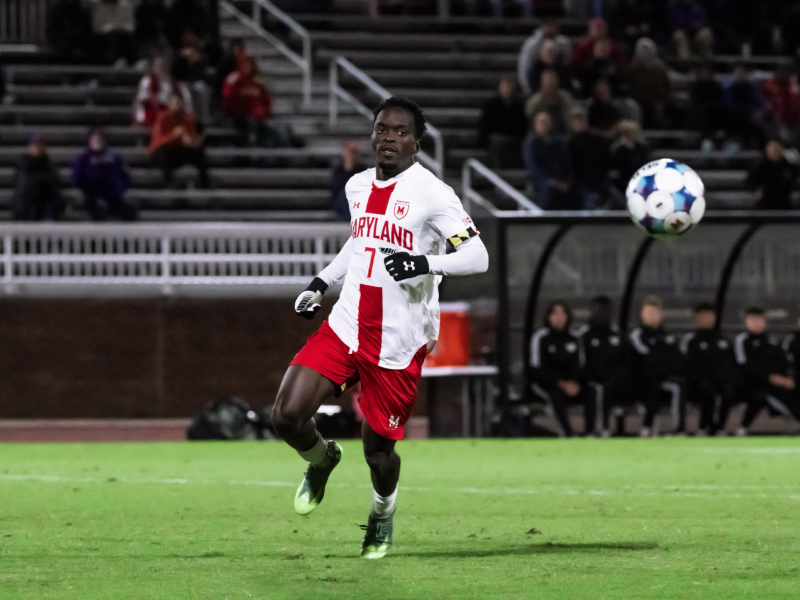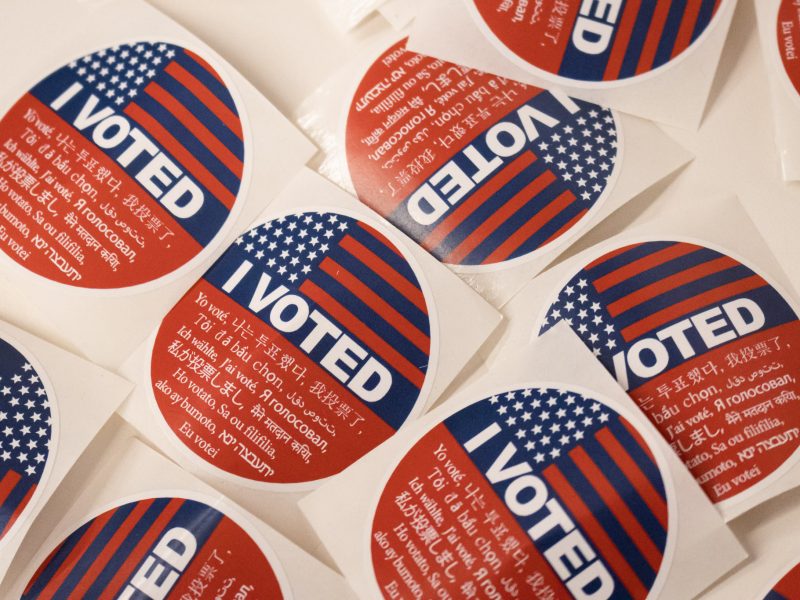
New compost bins like the green bin pictured at left are going up in Easton and Chestertown halls as a trial for a new composting system on the campus.
This year’s College Park Scholars theme might well be the trashiest in the living-learning program’s 21 years of existence.
During the 2015-16 academic year, all 12 programs — from Environment, Technology and Economy to Public Leadership — will incorporate rubbish in their coursework, focusing on solutions to reduce the impact waste has on society.
“We started having conversations about things we might do to give students across Scholars programs a shared experience,” said Marilee Lindemann, Scholars executive director. “So we agreed that a theme would be a good way to give them a common intellectual experience.”
READ MORE: Composting to expand to Easton, Chestertown halls this semester
Even for the Media, Self and Society and Arts programs, Lindemann said trash offers a productive and promising topic for student discussion.
“Trash is a huge public-issue problem that the media should be covering, but it’s one of those things that they tend not to do a very good job of covering, because it’s large and stubborn,” Lindemann said. “And for our arts program … there’s a lot of really interesting, creative work going on around building art out of recycled materials.”
READ MORE: DOTS IT office certified at silver level in on-campus Green Office Program
Becky Archer, Environment, Technology and Economy program director, said her course will look at waste streams and focus on a chapter of No Such Place as Away by Gary Hirshberg.
“That’s precisely what we’re looking at, the fact that there is no such place as away,” Archer said. “Yes, we have ‘reduce, reuse, recycle,’ we put our plastic bottle in the recycle bin, but that’s really not sufficient. Reusing is a little bit better; reducing, even better.”
A number of initiatives related to the theme are open to all Scholars students. Environmental justice activist Majora Carter will speak at the first “Trash Talk,” a series of lectures on the topic of waste. “Trash flicks” will feature documentaries and feature films, such as Trash Dance, an interpretive dance project by choreographer Allison Orr that incorporates sanitation workers and garbage.
As part of the Scholars theme, the Residence Hall Association implemented a composting pilot program in Chestertown Hall, which houses students enrolled in the Environment, Technology and Economy program.
Compost bins were added to the existing trash and recycling bins in the dorm’s bathrooms, lounges and hallways, said Adrienne Small, a Facilities Management recycling specialist.
Small said Facilities Management is planning to schedule a waste audit for the dorm, and the goal is to reach at least 90 percent of pure compost without contamination.
“The composting bins are pretty simple to figure out; it’s labeled and placed well,” said Ethan Glaudemans, a Chestertown Hall resident and freshman enrolled in letters and sciences. “There are bins in the hallways for any food you bring to the room and can’t finish. … I haven’t seen anything that doesn’t belong go into either of those bins.”
Raising awareness to get people to change their behaviors, get involved in their communities and minimize trash in their personal lives is necessary when thinking about the impact of trash on a global scale, said Lindemann.
Archer said she wants her Environment, Technology and Economy students not to simply regurgitate the knowledge they receive in college, but also to create new knowledge.
“Reimagine things from the beginning, whether you’re a business student and you’re reimagining how you’re going to invest your client’s money or you’re going into engineering and learning how to put together a computer,” Archer said. “Reimagine the process, reimagine the materials that you use. … Reimagine how we do things from the beginning to reduce the impact.”



